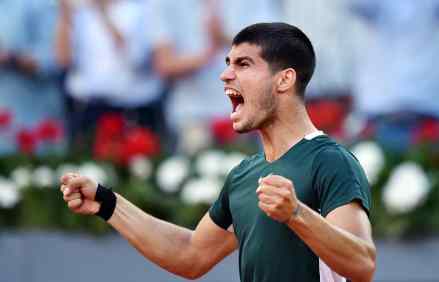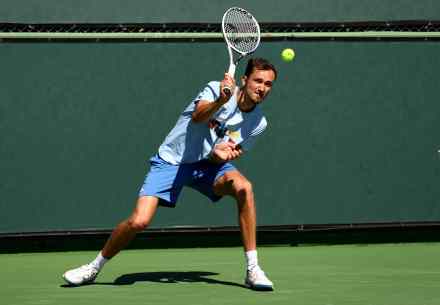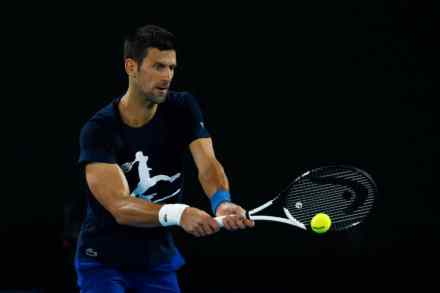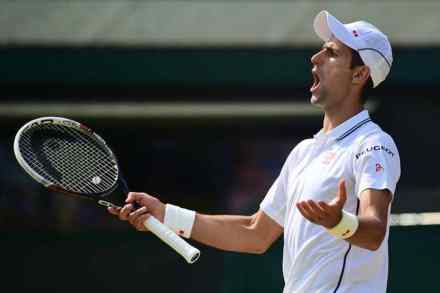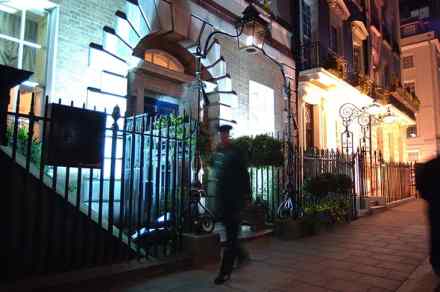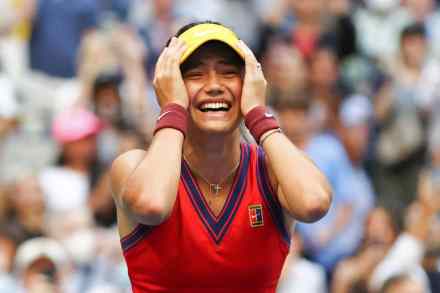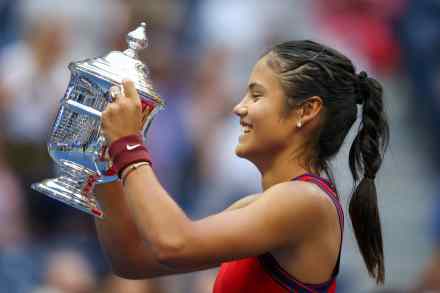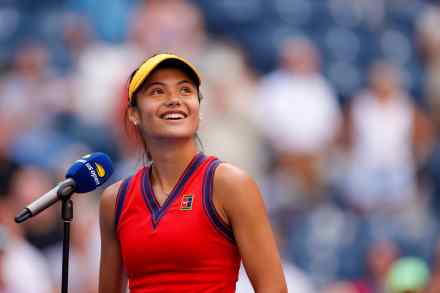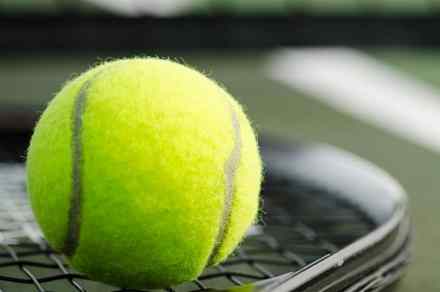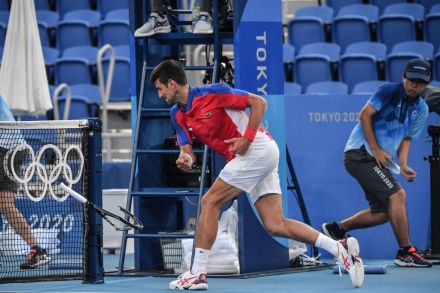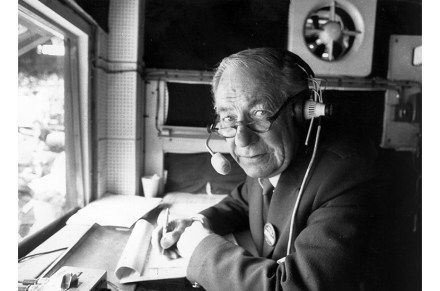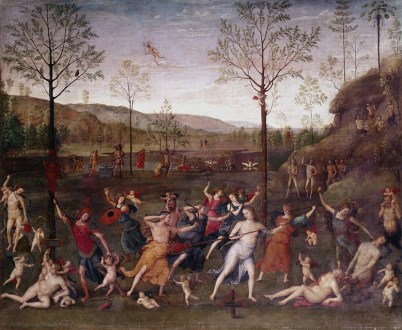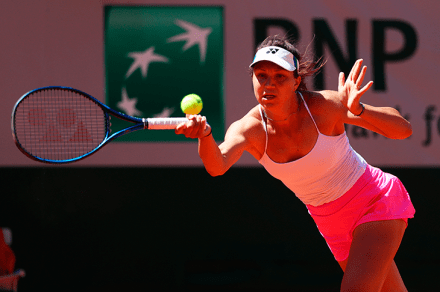My one to watch at the French Open
The timing of Brendon McCullum’s appointment as England’s Test match coach couldn’t be better for him, or for the matey but very canny Rob Key, cricket’s managing director. Had they taken over their jobs when England were at or near the top of the world rankings, things would have been a lot tougher. Getting to the top might be hard, but staying there is a nightmare. Now, with England well and truly in the basement, McCullum’s only way is up. And he kicks off with a Test against his homeland, New Zealand, at Lord’s next month. You hope that sooner or later he finds room for the wonderfully talented if
